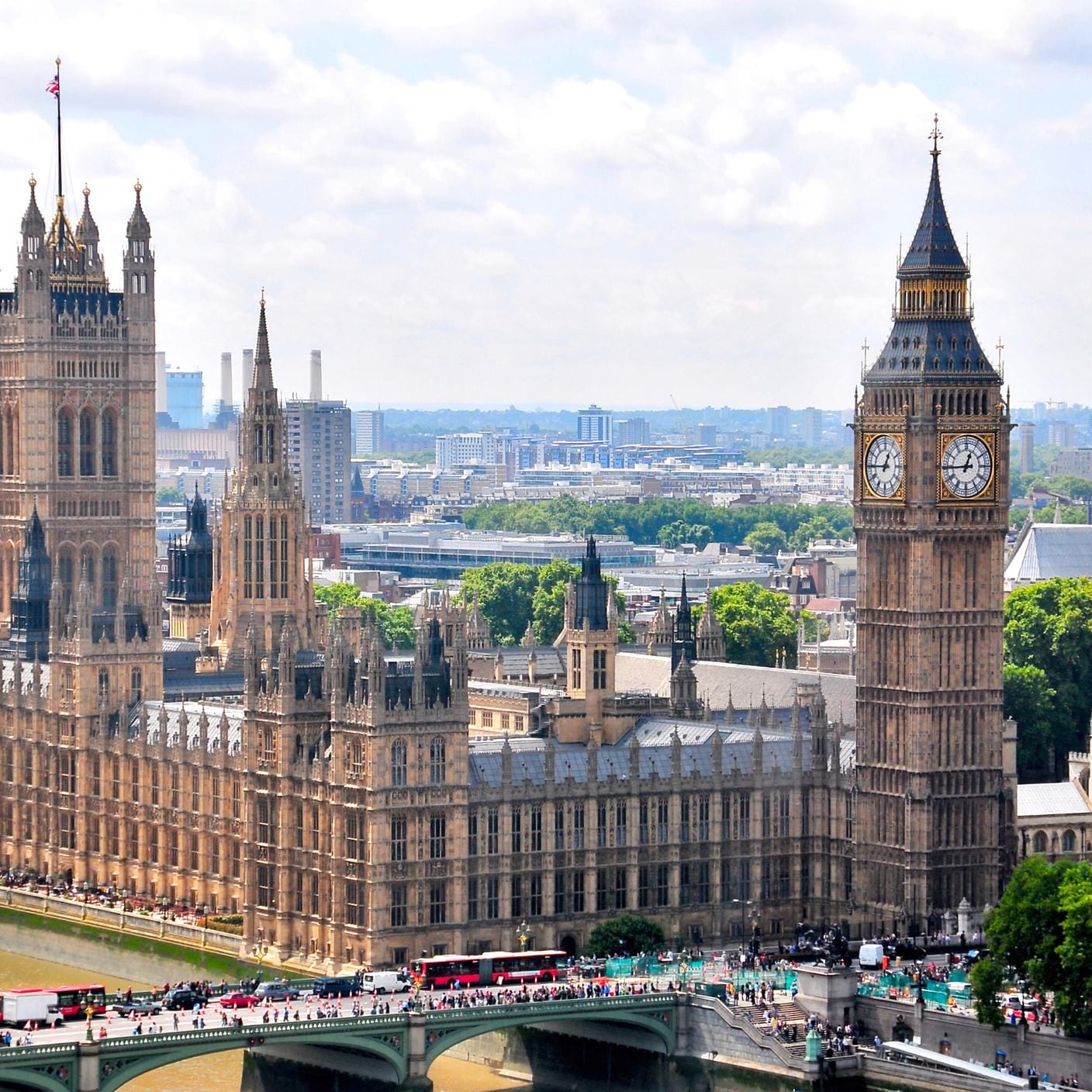Uncover the significance of the London Declaration—an influential commitment that intertwines with the Paris Agreement to help shape global efforts towards achieving net-zero emissions.
What is the London Declaration?
In an effort to support governments, industries and organizations in reaching net zero by 2050, the BSI and the International Organization for Standardization (ISO) have committed to incorporating climate science into the creation of new standards and the revision of existing standards.
This commitment to countering the effects of climate change and supporting the net zero agenda is called the London Declaration.
What is the goal of the London Declaration?
The main goal of the London Declaration is to accelerate progress towards achieving the goals set out originally in the Paris Agreement, an internationally binding treaty on climate change.
The goals include:
- reaching net zero by 2050
- keeping the rise in mean global temperature below 2°c
- limiting the temperature increase to 1.5°c above pre-industrial levels.
The Paris Agreement was signed at the UN Climate Change Conference (known as COP21) in Paris in December 2015 and entered into force in November 2016.
The agreement is focused on lowering global temperatures, because even crossing the 1.5°c threshold “risks unleashing far more severe climate change impacts, including more frequent and severe droughts, heatwaves and rainfall”.
The London Declaration serves as a commitment to the Paris Agreement and supports climate action as well as advancing international initiatives to hit several important climate milestones.
The current state of climate change affairs
According to the Paris Agreement, to limit global warming to just 1.5°c, Greenhouse Gas (GHG) emissions must be reduced by 45% by 2030.
Research has shown that the world is not on track to meet the climate targets outlined in the Paris Agreement, highlighting an urgent need for action.
Countries that have signed the Paris Agreement are helping each other through a framework for financial, technological and capacity-building support. From 2024 onwards, countries must report their progress on actions and commitments.
How does the London Declaration support the Paris Agreement?
The London Declaration proudly builds on the foundations created by the Paris Agreement by incorporating action into the heart of both BSI and ISO: the standards.
The declaration is a commitment to actively factor climate science into the development of all new standards as well as existing ones. It is also a pledge to involve those who are most vulnerable to climate change in the standard development process.
This will ensure that the voice of sustainability is built into the standards that are adopted by industries and organizations around the world, ultimately bolstering the efforts of the Paris Agreement.
Standards that support advancements in climate change mitigation
Standards are already undergoing transformation with climate change considerations in mind.
We have developed the Energy Smart Appliances (ESAs) standards in response to the UK Government’s energy plans. ESAs have the potential to support the transition to a flexible and low-CO2 energy system.
We’re also working with the Department for Business and Trade (DBT) and the Department for Energy Security and Net Zero (DESNZ) to support the uptake and integration of safe and secure ESAs, including electric vehicle charging points to help manage demand on the electricity network.
Another example of progress in action is the Faraday Battery Challenge (FBC), which has backing from the UK government and involves a standardization programme we created.
Electrification is a huge step on the path to net zero, and the FBC will invest in research and innovation projects and new facilities to scale up and advance the production, use and recycling of batteries.
The FBC has already started the development of three publicly available specifications (PAS) and is working towards standardizing the battery manufacturing industry and supply chain.
You can also find some helpful guidance for achieving net zero emissions in the ISO Guidelines for Net Zero.







